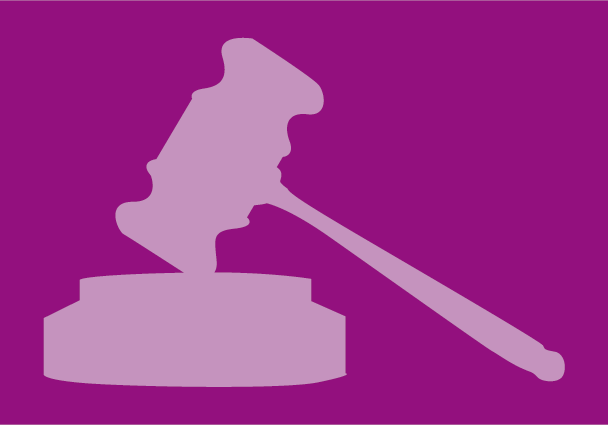For lawyers to be able to perform these crucial functions, they should be protected from improper interference. They should be able to organize themselves in free and independent bar associations. Law should embody adequate safeguards to allow them to function.
This second volume of the CIJL Yearbook concentrates on the role of lawyers in protecting human rights. It uses the 1990 UN Basic Principles on the Role of Lawyers as a standard. These twenty-nine Basic Principles focus on the following issues:
- provisions for effective access to legal assistance for all groups within society;
- the right of the accused to counsel and legal assistance of their own choosing; $
- education of the public on the role of lawyers in protecting fundamental rights and liberties;
- training and qualifications of lawyers; the role of governments, bar associations, and other professional associations;
- the right of lawyers to undertake representation of clients or causes without fear of repression or persecution; and
- lawyers’ obligation to keep communications with clients confidential, including the right to refuse to give testimony on such matters
The second issue of the CIJL Yearbook contains:
Editorial, by Mona A. Rishmawi
Foreword, by P.N. Bhagwati
I. Articles
- Legal Guarantees on the Role of Lawyers in Protecting Human Rights: The Indian Experience, by F.S. Nariman
- Safeguards for Legal Independence in Egypt: Between Law and Practice, by Ahmad Nabeel El-Helali
- The Independence of Lawyers Under Belgian Law, by Pierre Lambert
- Cambodia: The Courts and the Constitution: A Point of View, by Basil Fernando
II. Reports
- The Bar Council of England and Wales Human Rights Committee First Annual Report 1992
CIJL Yearbook- legal protection of lawyers-II-1993-eng (full text in English, PDF)
CIJL Yearbook- legal protection of lawyers-II-1993-fra (full text in French, PDF)
CIJL Yearbook- legal protection of lawyers-II-1993-spa (full text in Spanish, PDF)

